The strategic state purchase, announced at 909.3 billion yen (US$6.4 billion) on June 26, comes as Japan moves more closely in line with US restrictions on exporting high-end chips and chip-making equipment to China.
Photoresists, the light-sensitive materials used to form circuit patterns on silicon and other types of wafers during the photo-lithographic process, are key components in chip-making supply chains.
Following regulatory approval, a 20-day tender offer period should commence by late December, with JIC acquiring 100% ownership of JSR in early 2024. The transaction will be financed by Mizuho Bank and the Development Bank of Japan.
Investor choice, disclosure of information needed to analyze industry trends and free market economics are all likely to suffer due to the deal.
At the same time, the risk of a foreign takeover and interference in Japanese management decision-making by“activist” shareholders in a strategic industry will from Tokyo's perspective be eliminated.
As part of Prime Minister Fumio Kishida's“new capitalism” initiative, a vague plan to spur economic growth, boost wages and more equitably distribute wealth, the government has listed semiconductors as a critical strategic industry.
Speaking to reporters last month, Kishida said it was“vital to secure an industrial base of semiconductor technology in Japan, not only to strengthen industrial competitiveness but also from the standpoints of decarbonization and economic security.”
JIC stated that“the tender offer is designed to enable JSR to smoothly and rapidly promote its bold, medium-to-long-term strategic investments without being bound by the short-term impact on business performance”– i.e., without financial market discipline.
Moreover, the buy-out will enable JSR“to pursue structural reforms and restructuring in a flexible manner” and“provide an opportunity for industry reorganization and acquisition of private funds to strengthen the international competitiveness of [Japan's] semiconductor materials industry,” the company statement said.
In the view of JSR management,“The transaction reinforces our strong business foundation and accelerates sustainable growth, and it's the best strategic option to all stakeholders of JSR at this stage.”
Latest stories
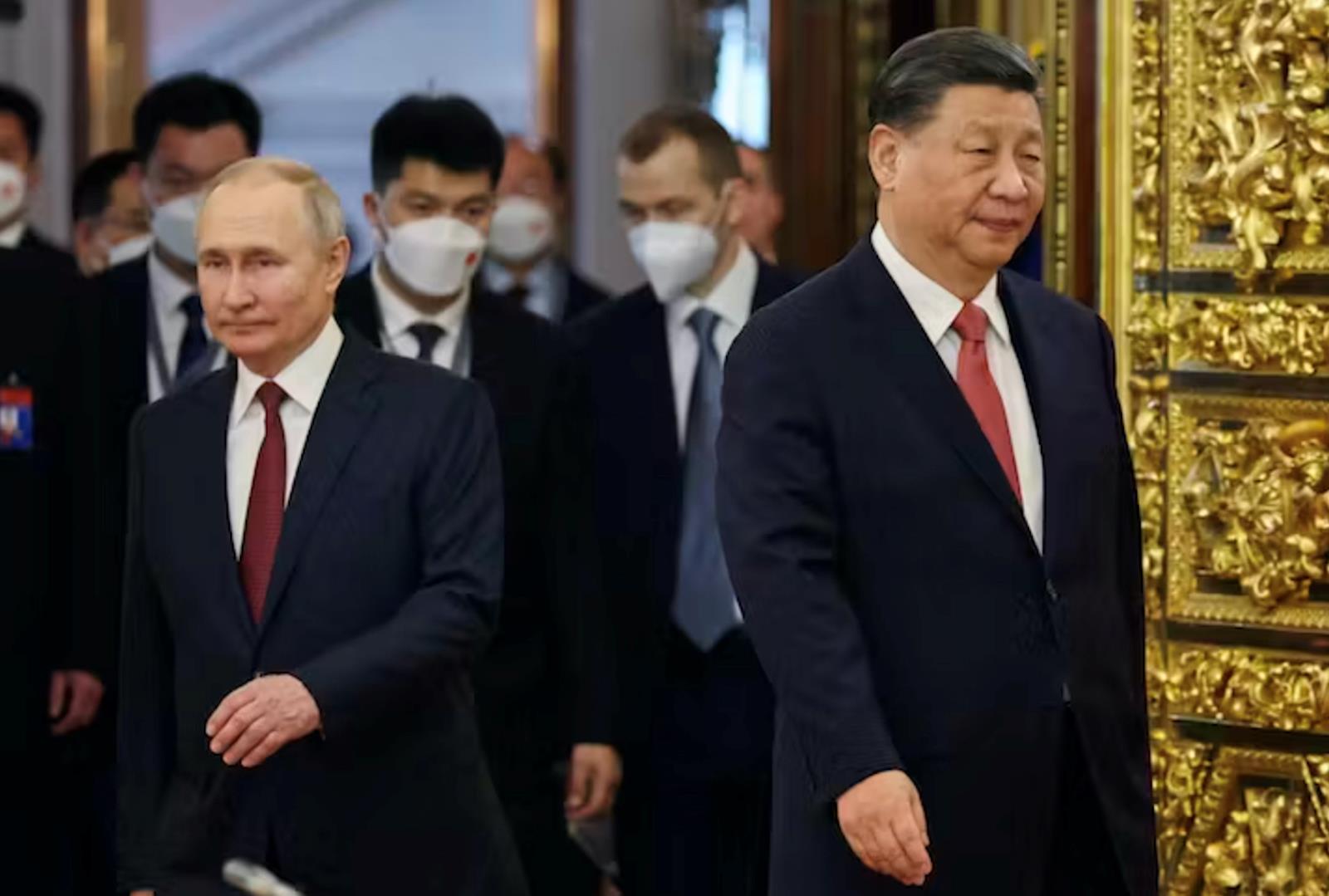
parsing china's response to the wagner rebellion
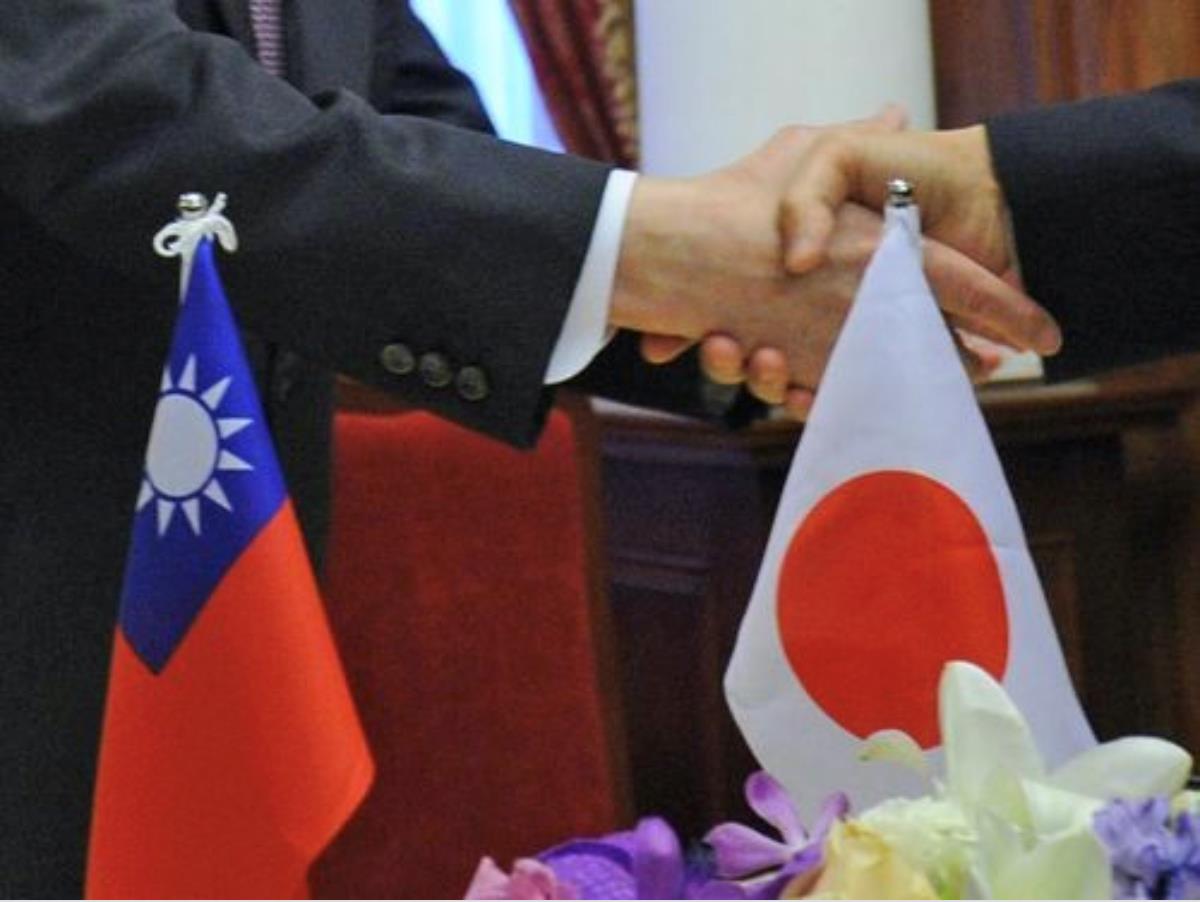
building a viable taiwan-japan security relationship
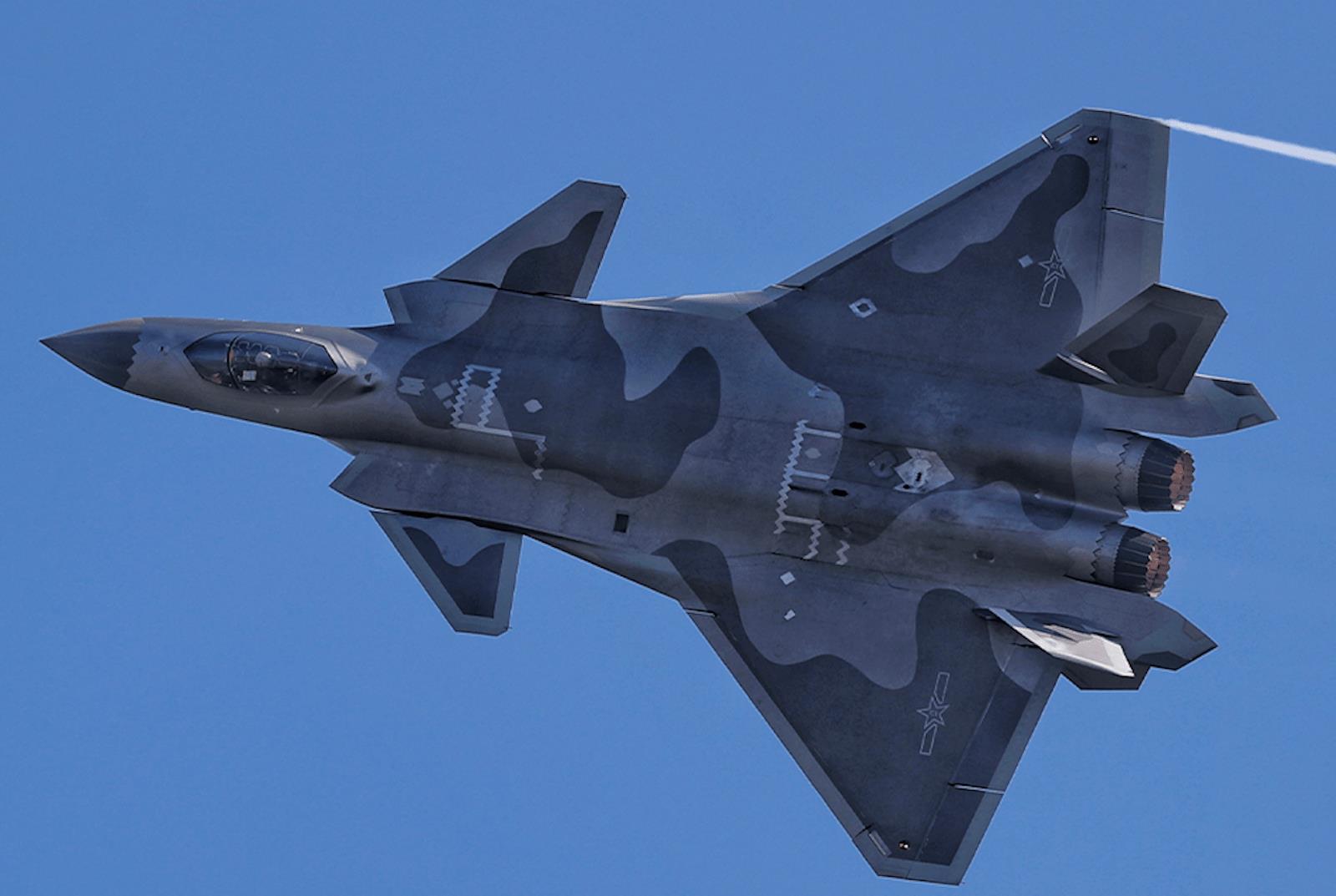
china's j-20 to fly game-changing homemade engines
So what's really driving the deal? JSR, its main rival Tokyo Ohka Kogyo (TOK) and three other Japanese companies namely Shin-Etsu Chemical, Fujifilm and Sumitomo Chemical control close to 90% of the global market for semiconductor photoresists.
JSR's market share is currently estimated at 30-35%; TOK's is likely just a few percentage points lower. With that dominant global market position, this is not an industry in obvious need of government support.
Moreover, JSR does not appear to need whatever additional funds JIC might be able to provide. The company has a sound balance sheet, with capital spending covered by internally generated funds. Management is aiming for a 9.5% operating margin in the fiscal year ending March 2024.
But if“bold strategic investments” means doubling capital spending, a deep-pocketed and like-minded state owner would be a big help.
One link between government policy and the buy-out appears to be Mitsunobu Koshiba, chairman emeritus of JSR and an outside director of rapidus , the company established in 2022 to provide advanced logic chip foundry services in Japan. Rapidus, which works with IBM, is targeting mass production at two nanometers (2nm) by 2027.
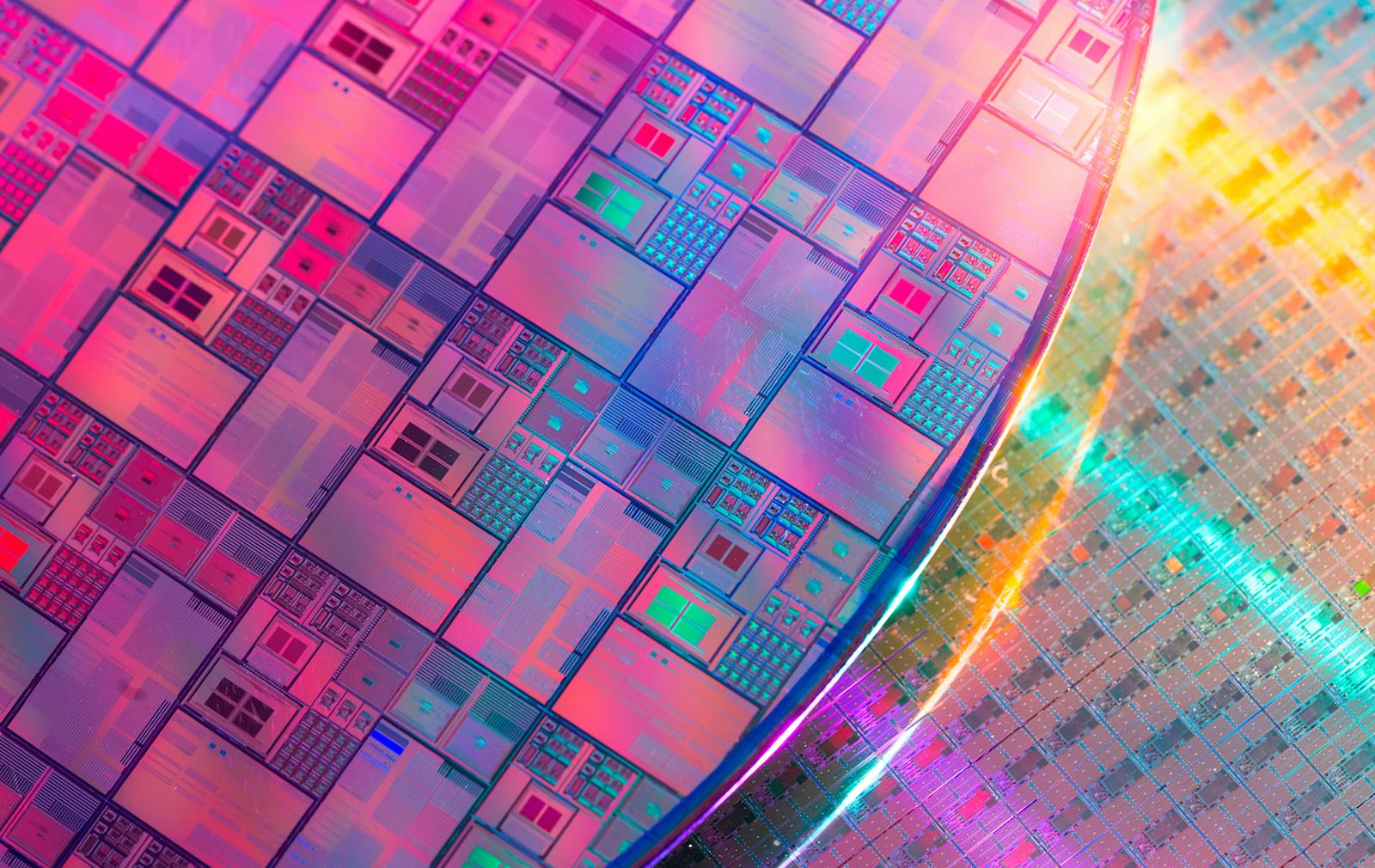
Rapidus represents Japan's best chance at getting back to the cutting-edge of chip-making. Image: Twitter
Rapidus is also involved in the“Post 5G Information and Communication Systems Infrastructure Enhancement R&D Project” run by Japan's state New Energy and Industrial Technology Development Organization (NEDO). And it works with IMEC, the international nanoelectronics R&D center headquartered in Belgium.
JSR owns inpria , an Oregon-based company that specializes in metal-oxide photoresists (most photoresists are made of polymers). Developed specifically for EUV lithography, Inpria's resists are expected to open the way to chip production at 1nm and smaller by the end of the decade.
The advanced chips will be crucial to strategic industries including 6G telecommunications, autonomous vehicles, neuro-morphic devices and quantum computing. JSR and Inpria work closely with top chip-makers including Intel, TSMC, Samsung Electronics and SK Hynix.
JSR is not just a semiconductor materials maker. It also has a life sciences division that is expected to generate 32% of sales this fiscal year, compared with 29% for semiconductor materials. Display, integrated circuit packaging and other electronic materials are forecast to contribute 11%, plastics 24% and other products 4%.
Focused on biopharmaceuticals, the life sciences business requires investment in capacity expansion, product development, marketing and operational efficiency. It competes with electronic materials for both a share of JSRs capital spending and management's attention.
JSR management expects JIC to support“a comprehensive growth strategy and action plan” for life sciences. It can be argued that the most effective support would be to split JSR into two companies, more easily done without public shareholder wrangling.
An independent electronic materials business could concentrate on staying ahead of TOK in photoresists and fending off challenges from smaller Japanese, South Korean, American, European and new Chinese competitors, all of which are angling for a bigger share of the market.
The tender offer will be made at a purchase price of 4,350 yen ($30), a 34.5% premium to the price just before the buy-out was announced and only 4% short of the 4,530 yen all-time high reached in December 2021.
On June 30, JSR closed at 4,110 yen, an advance of 27% on the deal's announcement. TOK's share price rose 9% over the same five days.
An aggressive competitor with access to preferential financing would not be good news for TOK or other photoresist-makers, but investors will soon have little choice in the matter.
On the other hand, shareholders are making money now. As one investor said in a private conversation, his fund did not buy JSR in anticipation of a buy-out but he was happy to take the profit.
Policy-driven investment could of course fail, as it did in the case of DRAM maker Elpida, which was acquired by Micron at a very low price after Japanese banks threw in the towel, and Japan Display, which had no chance against the South Koreans and Chinese.
Or, policy success could lead to the buy-out and delisting of other Japanese tech companies, which might also benefit existing shareholders.
Speaking on a video call for investors and media, JSR CEO Eric Johnson called JIC a“neutral source of capital.” But JIC is 96.5% owned by the Japanese government, with the Development Bank of Japan and 24 leading private sector corporations accounting for the remainder.

JSR CEO Eric Johnson's capital is 'neutral.' Image: JSR website
JIC, according to a company statement, defines its role as follows:“We, Japan Investment Corporation, provide risk capital to sectors in which most private investors are reluctant to invest. We aim to promote the transition of businesses and industries while strengthening international competitiveness.”
In this case, however, reluctance to invest does not seem to be a problem. Analysts from 19 securities companies follow JSR, according to the company's website. Foreign investors own 54% of its shares.
Furthermore, JSR expects the buy-out to be transitional, stating in its“Highlights of the Transaction” statement that“After continuous growth and expansion in corporate value is realized” the“plan” is“relisting.”
This suggests that JSR and JIC foresee a dynamic and volatile period in which the stock market's short-termism would hinder JSR's ability to keep up with fast-moving chip industry developments.
That's in line with JIC CEO Keisuke Yokoo view.
“Today, innovation is happening globally at an accelerated pace and catalyzing competitions and business restructuring which transcend traditional industrial and organizational boundaries,” Yokoo said in a statement.“As a result, we are facing to dynamic change of the competitive landscape and the structure of industry,” he said.
But only time will tell if the buy-out and delisting of JSR is the right strategy to secure the company's future and Japan's national interests.
Follow this writer on
Twitter: @ScottFo83517667
Like this:Like Loading... Related



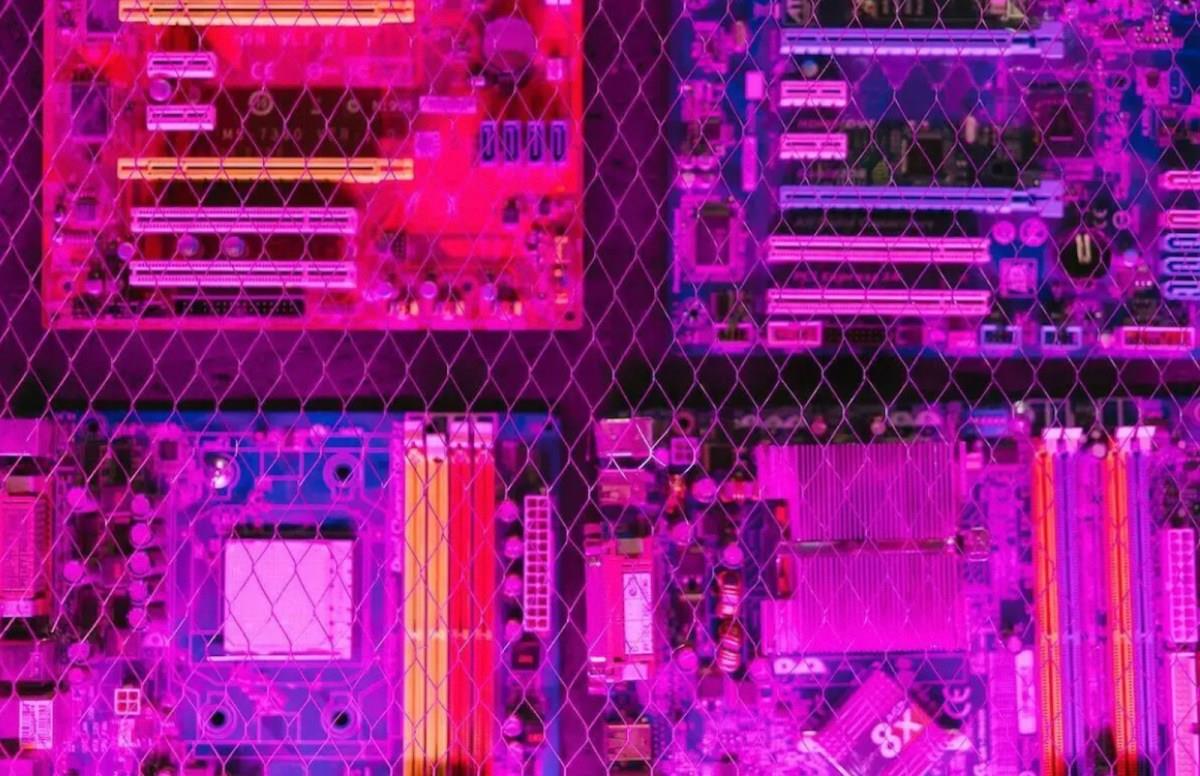
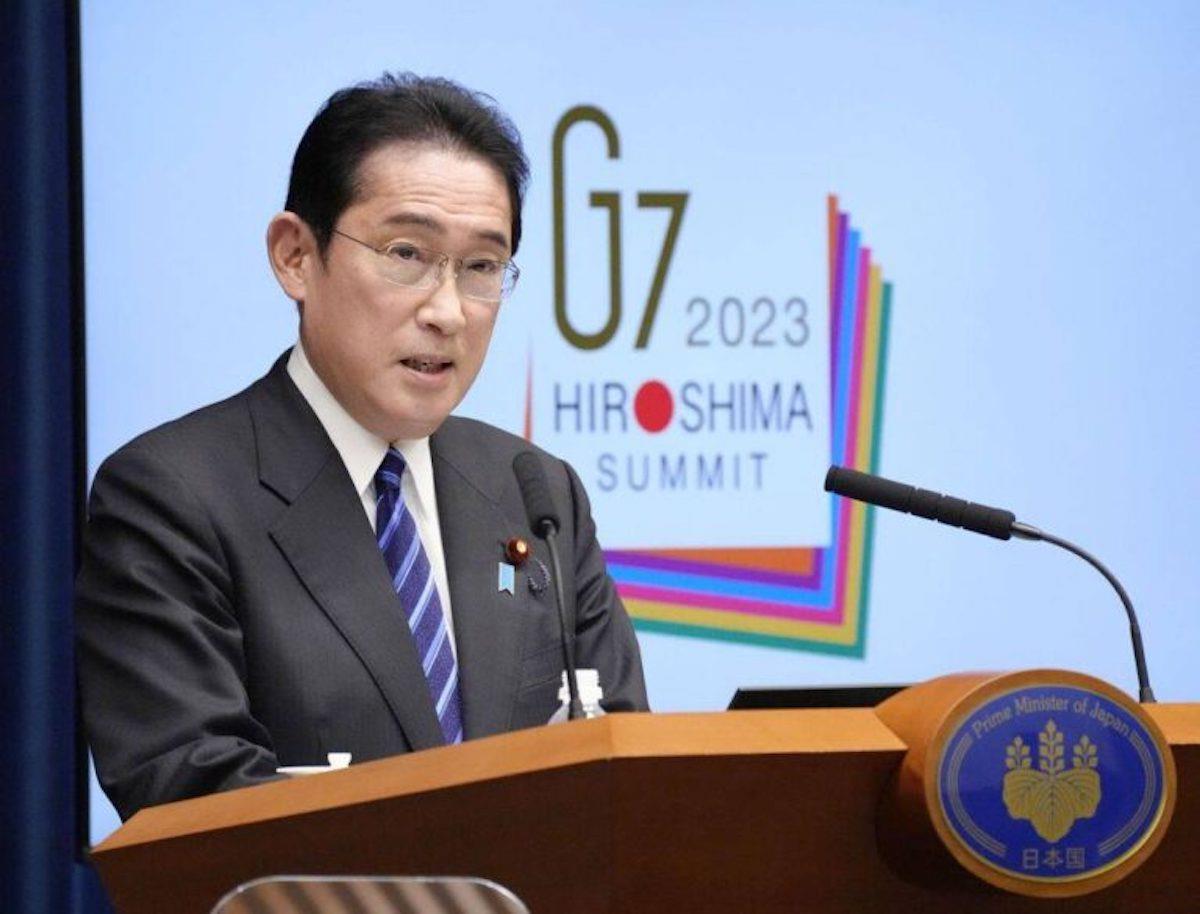





















Comments
No comment